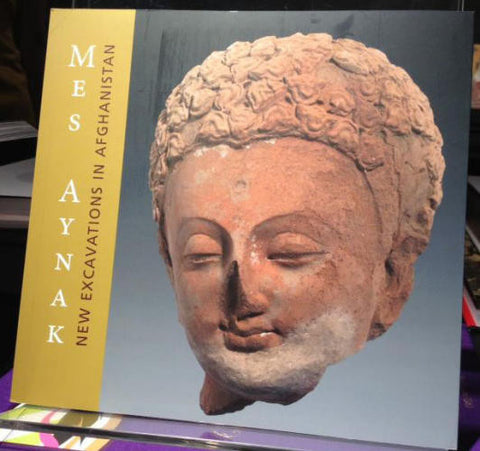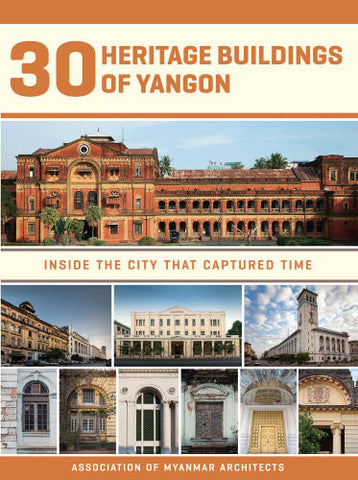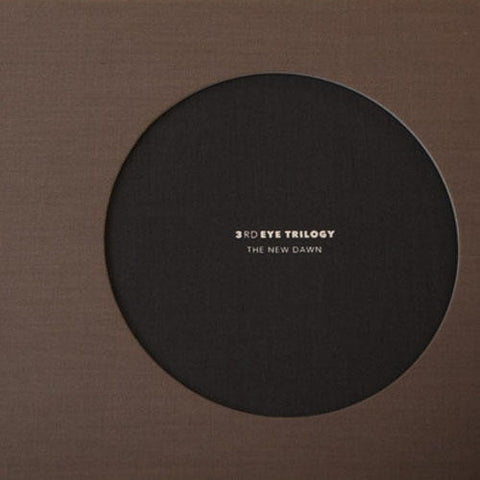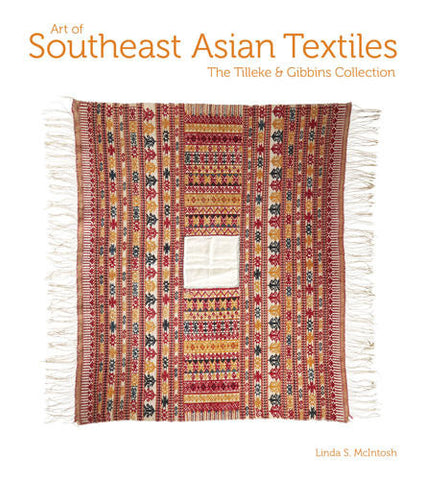
Mes Aynak: New Excavations in Afghanistan
**AVAILABILITY UPON REQUEST ONLY** Contact us at hardcover@serindiastudio.com
Mes Aynak: New Excavations in Afghanistan
This is the first publication of the preliminary results of the ongoing excavations at Mes Aynak which have been carried out since 2009 by the Afghan Institute of Archaeology with support by experts from DAFA (Délegation Archeologique Francaise en Afghanistan).
The Mes Aynak archaeological site, in Logar Province, is co-located with the second largest copper deposit in the world. The site’s natural resources, once of interest to the ancient inhabitants, are of continuing interest to contemporary Afghanistan. Initially surveyed in 1963, official excavations led by the National Institute of Archaeology commenced in 2009 and after that an agreement was signed between the Afghan government and MCC, the Chinese mining interest, for the extraction of copper at Mes Aynak. Excavations are expected to continue for several years to come. The archaeological deposits of Mes Aynak expand over four thousand hectares. Thus far, three areas of the site have been explored through excavations: Gol Hamid where a Buddhist monastery was first discovered, Kafiriat Tepe with a second monastic complex, and Baba Wali which is adjacent to the ancient mining galleries.
Mes Aynak represents one of the most important sites ever to be discovered in Afghanistan. The architecture and artefacts excavated thus far date to the Kushan and Kushan-Sassanian periods, from the 2nd century BCE to the emergence of Islam in the 8th century AD. The vast quantity and the high quality of the coins, ceramics, wall paintings, unbaked clay sculptures and stone reliefs make Mes Aynak comparable to such contemporary Buddhist sites as Hadda and Bamiyan.
We Also Recommend





